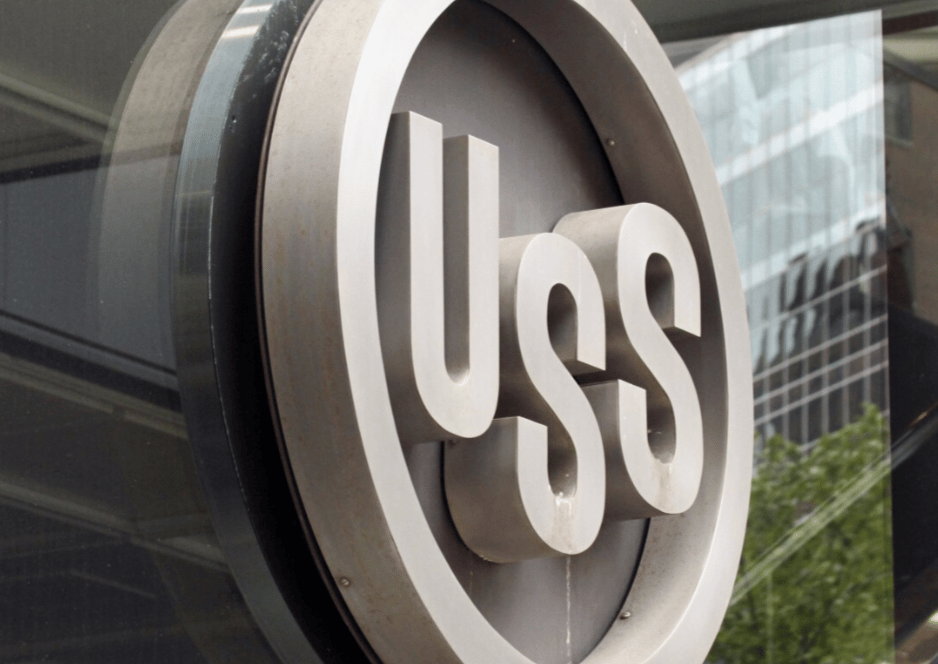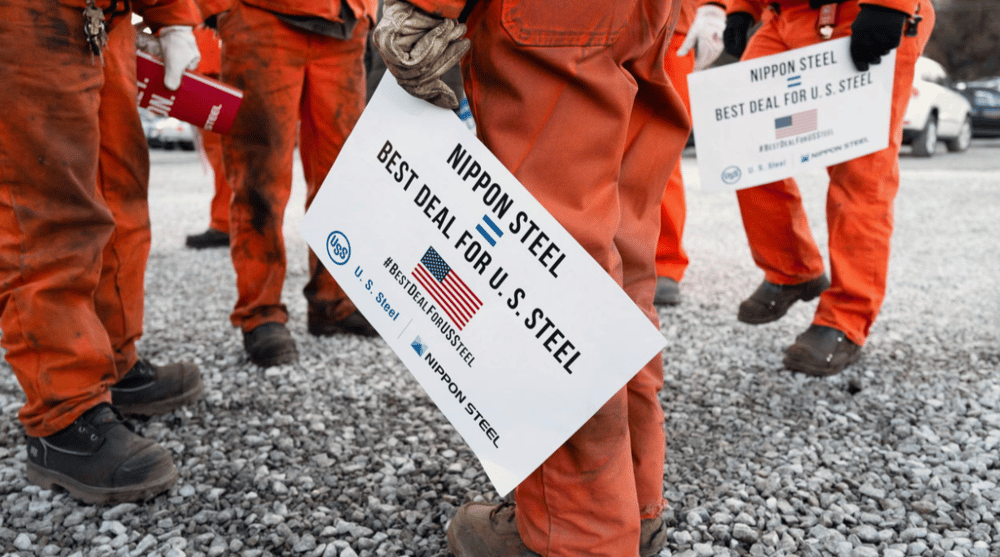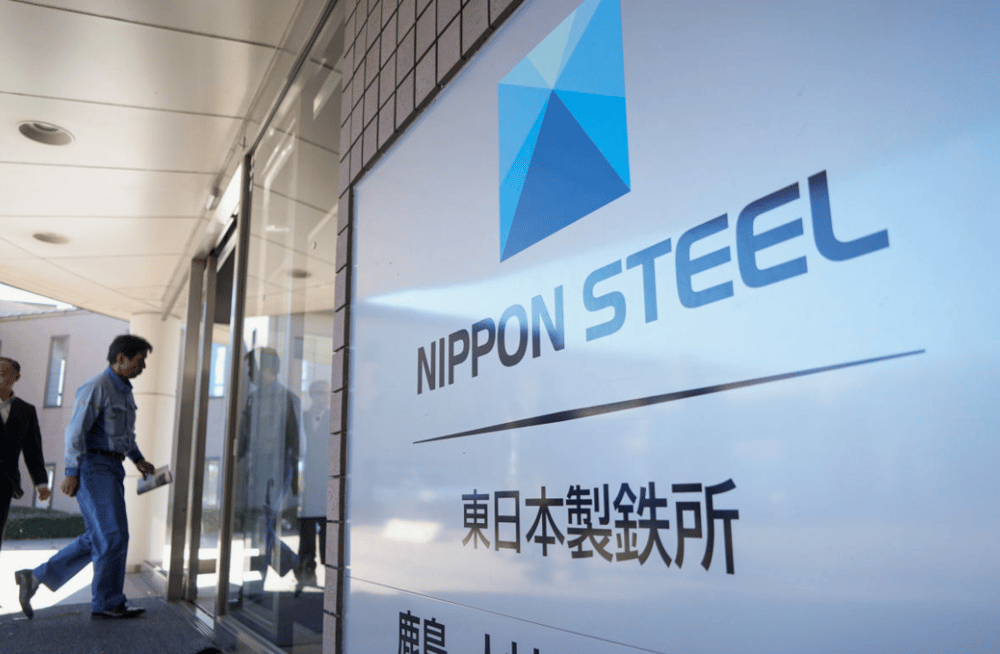Nippon Steel’s $15 Billion Bid for U.S. Steel: Trump’s Rally Signals Political Backing Amid National Security Scrutiny
Japanese steel giant Nippon Steel $5401.T has been pursuing the acquisition of U.S. Steel $X for over a year and a half. The potential $15 billion cross-border transaction has encountered resistance from American labor unions and has undergone two national security reviews. This week, the long-simmering deal took a potentially decisive turn as former U.S. President Donald Trump is set to lead a rally in Pittsburgh, Pennsylvania, the city where U.S. Steel is headquartered.
The visit comes at a critical juncture, signaling a possible shift in political momentum and market sentiment surrounding a deal that could redefine ownership in the U.S. industrial base.
What Trump’s Visit Signals for Nippon Steel and the Steel Sector
Trump’s appearance in Pittsburgh is seen by analysts as an implicit endorsement of the deal. Although not currently in office, Trump’s influence remains strong, particularly among industrial states where steel manufacturing is historically significant. The event is viewed as part of broader economic positioning ahead of the 2024 U.S. presidential election, with implications for foreign investment policy and industrial consolidation.
The deal has triggered scrutiny under CFIUS (Committee on Foreign Investment in the United States) due to concerns over national security and the strategic importance of the U.S. steel industry. At the same time, labor unions have expressed fears over potential job losses and changes in management culture.
If finalized, the acquisition would grant Nippon Steel — the world’s fourth-largest steelmaker — a major foothold in North America and access to U.S.-based production facilities, technologies, and infrastructure contracts. For U.S. Steel, the transaction could offer financial rejuvenation after decades of declining competitiveness in the global steel market.

Key Facts at a Glance:
Deal Timeline: 18 months in negotiation
Valuation: ~$15 billion
Buyer: Nippon Steel
Security Reviews: 2 CFIUS investigations
Labor Reaction: Strong union resistance
Political Factor: Trump’s public appearance in Pittsburgh
Market and Political Reactions
1. Stock Market Signals
Following news of Trump’s rally, shares of U.S. Steel saw a modest uptick of 2.3%, while Nippon Steel closed flat in Tokyo trading. Investors appear cautiously optimistic about a political breakthrough that could finally push the deal past regulatory bottlenecks.
2. Union and Public Sentiment
U.S. steelworker unions have reiterated concerns about job security, domestic ownership, and long-term control over critical infrastructure. The United Steelworkers (USW) union has called for additional transparency and safeguards to ensure American labor interests are preserved.
3. Geopolitical Context
Analysts note that this deal fits into a broader pattern of strategic industrial realignment amid escalating U.S.-China trade tensions and re-industrialization efforts in the West. A Japanese takeover, as opposed to Chinese or Middle Eastern investors, may be more palatable to U.S. regulators and voters alike.

Key Points to Watch:
Final ruling from CFIUS and the Biden administration’s stance
Potential labor action if the deal proceeds without union agreements
Mid-term political impacts ahead of the 2024 U.S. elections
Market positioning of global steelmakers in response to deal approval
Possible renegotiation of deal terms due to political considerations
Strategic Implications for Cross-Border M&A and Industrial Policy
The proposed acquisition of U.S. Steel by Nippon Steel is more than a financial transaction; it is a test case for the intersection of national security, economic nationalism, and global capital flows. Trump’s symbolic support could tip the scales in favor of the deal, but the path forward will require navigating a minefield of labor concerns, regulatory scrutiny, and geopolitical narratives.
If successful, this acquisition could reshape the global steel landscape, further integrate U.S. manufacturing into allied supply chains, and set a precedent for future foreign direct investment in strategic sectors.















Comments